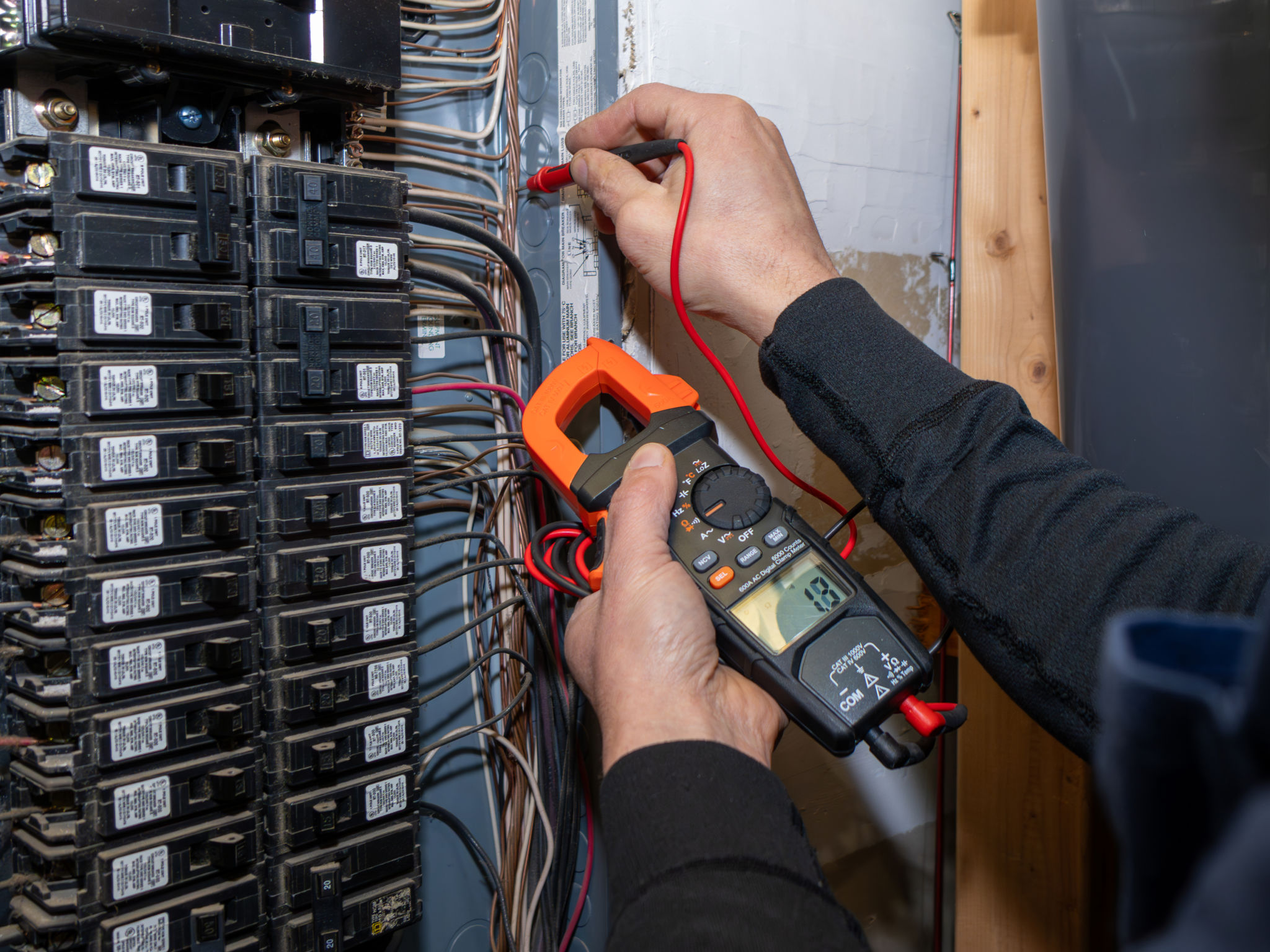Expert Tips for Electrical Maintenance in Your Piñor Home
Understanding the Importance of Electrical Maintenance
Maintaining the electrical systems in your Piñor home is crucial for ensuring safety and efficiency. Regular maintenance helps in preventing unexpected breakdowns and can save you from costly repairs in the future. By keeping your electrical systems in check, you also avoid potential hazards such as electrical fires, which are often caused by neglected wiring or faulty connections.
To ensure your home remains safe and functional, it is essential to follow expert-recommended maintenance practices. By doing so, you will not only protect your home but also enhance the longevity of your electrical systems.

Regular Inspections and Testing
Schedule Professional Inspections
One of the most effective ways to maintain your home's electrical system is by scheduling regular inspections with a licensed electrician. These professionals have the expertise to identify potential issues that might not be visible to the untrained eye. It is recommended to have your home's electrical system inspected at least once a year to ensure everything is functioning correctly.
Perform Visual Checks
In addition to professional inspections, performing routine visual checks can help you spot any glaring issues. Look out for signs of wear and tear such as frayed wires, scorched outlets, or buzzing sounds from electrical devices. If you notice any of these signs, it's crucial to call an electrician immediately.

Maintaining Electrical Components
Check Your Circuit Breakers
Circuit breakers play a vital role in protecting your home from electrical overloads. Regularly checking and testing your circuit breakers ensures that they are functioning properly. If a breaker trips frequently, it might be a sign of an overloaded circuit or a faulty breaker that needs attention.
Inspect Outlets and Switches
Outlets and switches are frequently used components that can wear out over time. Regularly inspect them for any signs of damage or discoloration. Ensure they are tightly secured to avoid loose connections, which can lead to overheating and potential fire hazards.

Upgrade and Replace When Necessary
Replace Old Wiring
If your home is older, it may have outdated wiring that is not equipped to handle modern electrical demands. Old wiring can pose significant safety risks, so consider upgrading to newer, safer options such as copper wiring.
Consider Energy-Efficient Solutions
Upgrading to energy-efficient appliances and lighting not only reduces your energy consumption but also lessens the strain on your electrical system. This can lead to fewer maintenance issues and lower electricity bills over time.
By incorporating these expert tips into your routine, you can ensure the longevity and safety of your home's electrical system. Regular maintenance and timely upgrades play a pivotal role in safeguarding your home against potential electrical hazards.
